Ceramic Brake Pad: Enhancing Performance and Safety
Brake pads are a critical component of the braking system in vehicles, ensuring reliable stopping power and safety on the road. Among the various types of brake pads available, ceramic brake pads have gained popularity for their superior performance and enhanced safety features. In this article, we will explore the benefits of ceramic brake pads, their composition, working principles, advantages, and why they are an excellent choice for both everyday drivers and performance enthusiasts.
Understanding Brake Pads and Their Importance
Brake pads are vital components of the braking system, responsible for creating the friction necessary to slow down or stop a vehicle. When the brake pedal is pressed, the brake pads squeeze against the brake rotors, generating friction that converts the kinetic energy of the moving vehicle into heat energy.
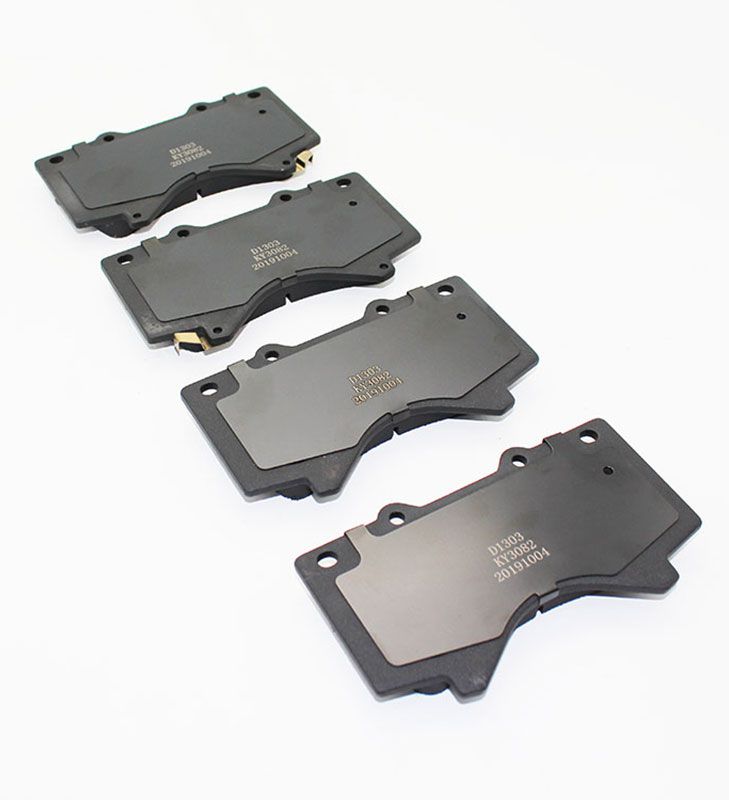
Composition of Ceramic Brake Pads
Ceramic brake pads are composed of a mixture of ceramic fibers, bonding agents, and various fillers. These materials are formulated to withstand high temperatures and provide consistent performance across a wide range of operating conditions. The ceramic fibers used in the brake pad formulation enhance the strength, durability, and thermal stability of the pads.
Working Principles of Ceramic Brake Pads
Brake pads work by creating friction against the brake rotors when pressure is applied to the brake pedal. As the pads make contact with the rotating rotor, they generate the necessary friction to slow down or stop the vehicle. The ceramic composition of these brake pads allows for efficient heat dissipation, reducing the risk of brake fade and maintaining consistent performance.
Advantages of Ceramic Brake Pads
Ceramic brake pads offer several advantages over other types of brake pads:
Enhanced Safety: Ceramic brake pads provide superior stopping power, allowing for shorter braking distances and better control of the vehicle. This is especially crucial in emergency situations or during high-speed driving.
Noise Reduction: Ceramic brake pads are known for their quiet operation. Compared to metallic brake pads, they produce less noise and minimize the occurrence of brake squeal or brake judder.
Dust Reduction: Ceramic brake pads generate less brake dust compared to traditional semi-metallic brake pads. This results in cleaner wheels and a reduction in the maintenance required to keep the vehicle's appearance in top shape.
Longevity and Durability: Ceramic brake pads have excellent wear characteristics, providing longer pad life compared to other types of brake pads. This means less frequent replacements and reduced overall maintenance costs.
Explore more:
Automobiles & Motorcycles
Enhanced Safety Features
Kubota Oil Seal Replacement Cost: Budgeting for Maintenance
Should I Replace All 4 Brake Pads at Once?
About Car Engine Valves Price
Replacing a Cylinder Head
Exploring the Distinctions: E-Scooter vs. E-Moped
The Pros and Cons of Electric Motor Scooters: What You Need to Know
Ceramic brake pads offer additional safety features that contribute to a safer driving experience:
Fading Resistance: Ceramic brake pads have superior thermal stability, making them highly resistant to brake fade even under demanding driving conditions. This ensures consistent braking performance, even during prolonged or aggressive braking.
Low Brake Rotor Wear: Ceramic brake pads are designed to have minimal wear on the brake rotors, prolonging the lifespan of these critical components. Reduced rotor wear means fewer replacements and lower maintenance costs in the long run.
Noise and Dust Reduction
One of the significant advantages of ceramic brake pads is their ability to reduce noise and brake dust. The composition of ceramic pads minimizes the occurrence of brake squeal, brake judder, and other noise-related issues. Additionally, the lower dust generation results in cleaner wheels and less frequent cleaning and maintenance.
Longevity and Durability
Ceramic brake pads are renowned for their longevity and durability. The high-quality materials and advanced manufacturing processes used in their production contribute to their extended lifespan. With proper maintenance and regular inspections, ceramic brake pads can outlast other types of brake pads, reducing the frequency of replacements.
Performance Applications
Ceramic brake pads are not only suitable for everyday driving but also excel in high-performance applications. Their ability to handle high temperatures, resist brake fade, and provide consistent performance make them a popular choice among performance enthusiasts, sports car owners, and track enthusiasts.
Considerations for Ceramic Brake Pads
While ceramic brake pads offer numerous advantages, it's essential to consider a few factors before choosing them:
Cost: Ceramic brake pads are generally more expensive than traditional semi-metallic brake pads. However, their longevity and performance benefits often offset the initial higher cost.
Vehicle Compatibility: Not all vehicles are compatible with ceramic brake pads. It's crucial to check the manufacturer's recommendations and ensure that the brake pads are compatible with the specific vehicle make and model.
Conclusion
Ceramic brake pads offer significant advantages in terms of performance, safety, noise reduction, and longevity. Their advanced composition and unique features make them an excellent choice for both everyday driving and performance applications. By choosing ceramic brake pads, drivers can experience improved stopping power, reduced noise, cleaner wheels, and enhanced safety on the road.
Additional reading:Which electric moped is best?
Can You Use A Hand Pump to inflate car tires?
How can I maximize my eBike battery life?
Which OEM electric scooter motorcycle is best?
Top 10 Big Tyre Electric Bikes of 2021
Are Customized Electric Adult Mopeds Worth It?
Top Tips for Importing Bikes Successfully Online
196
0
0
Related Articles


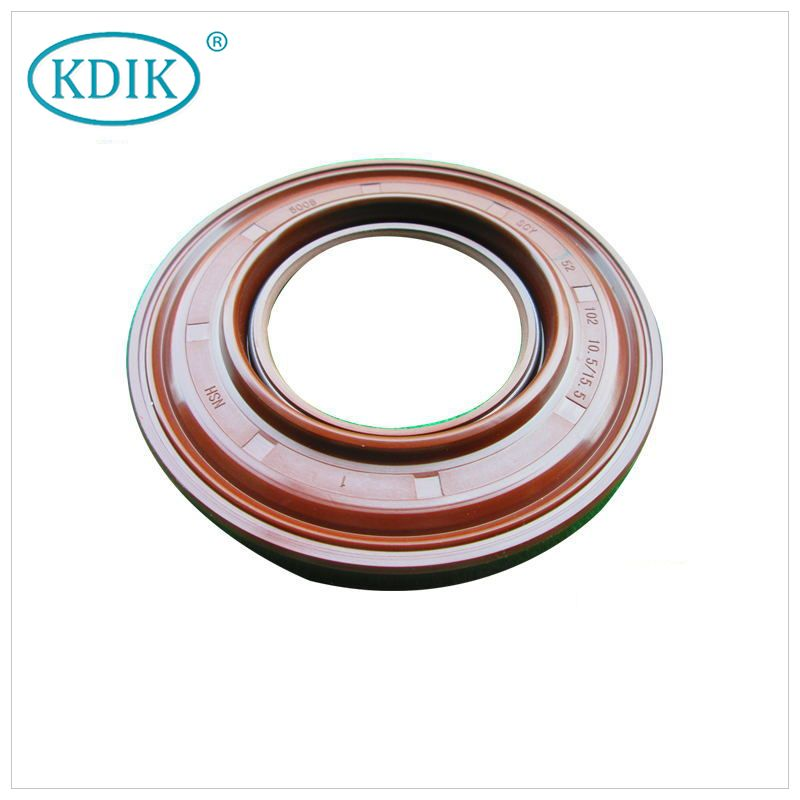
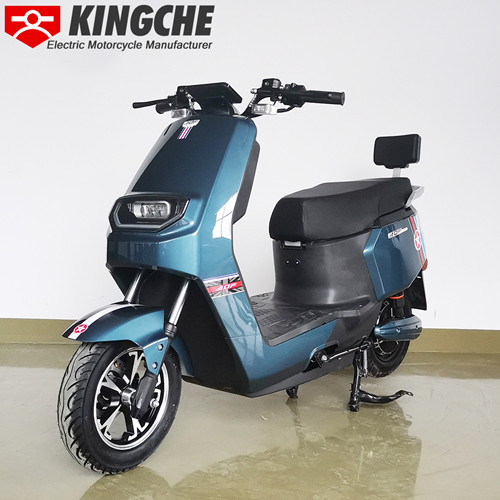
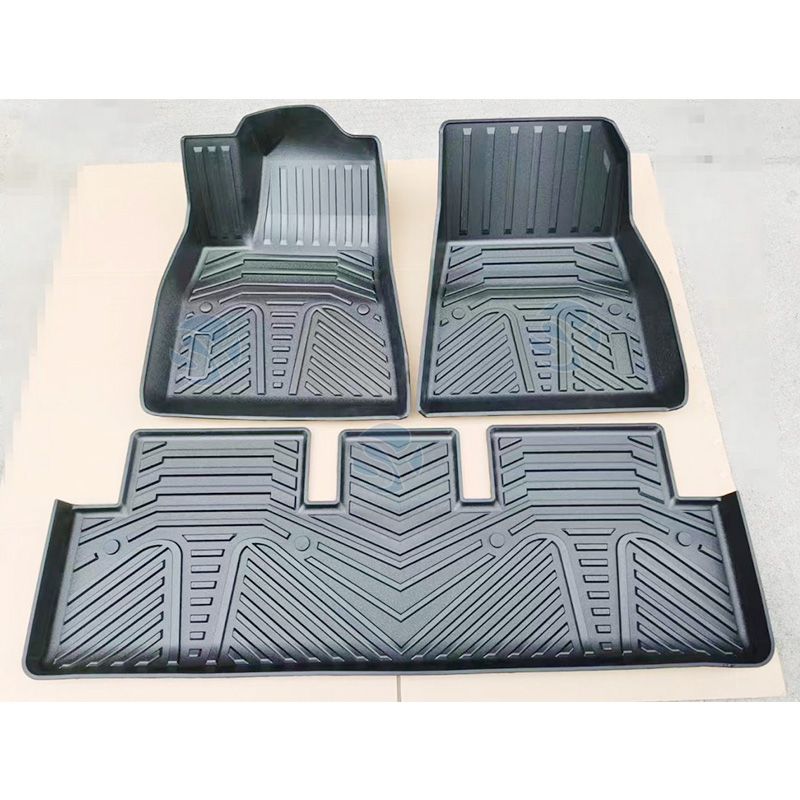

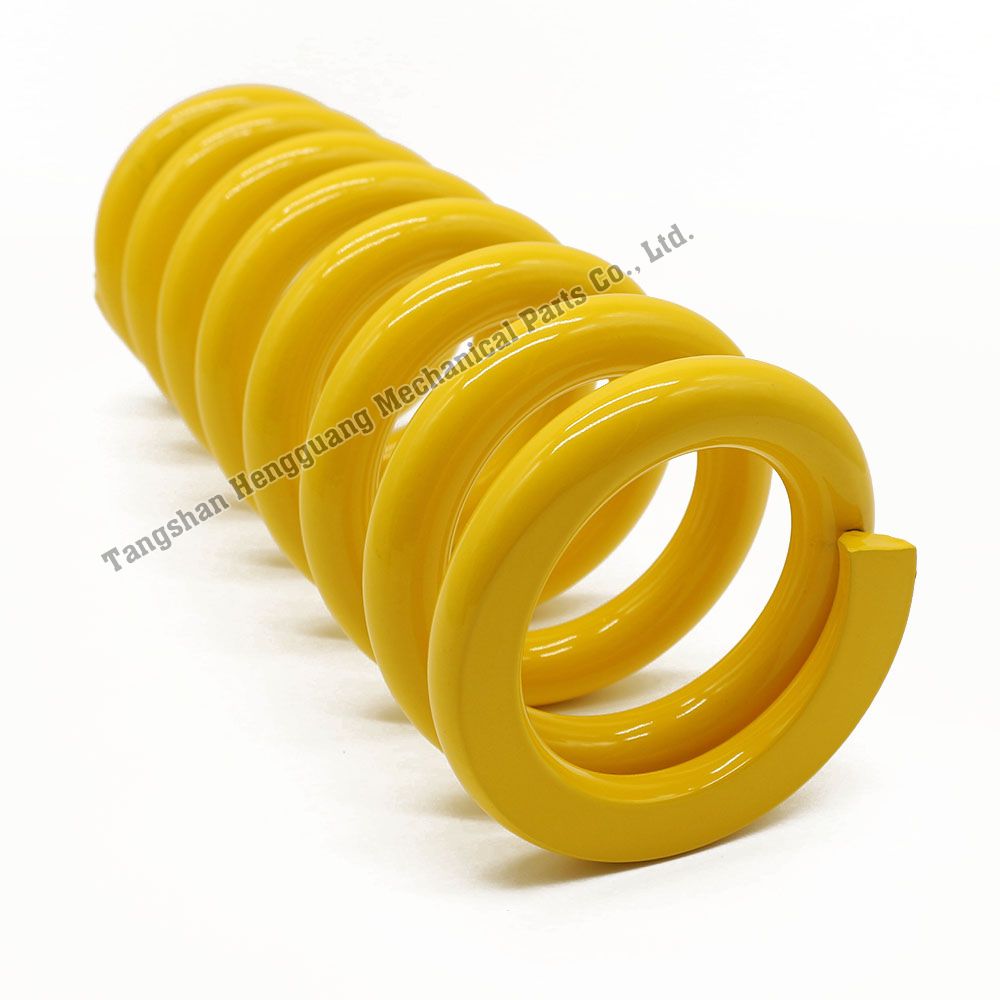
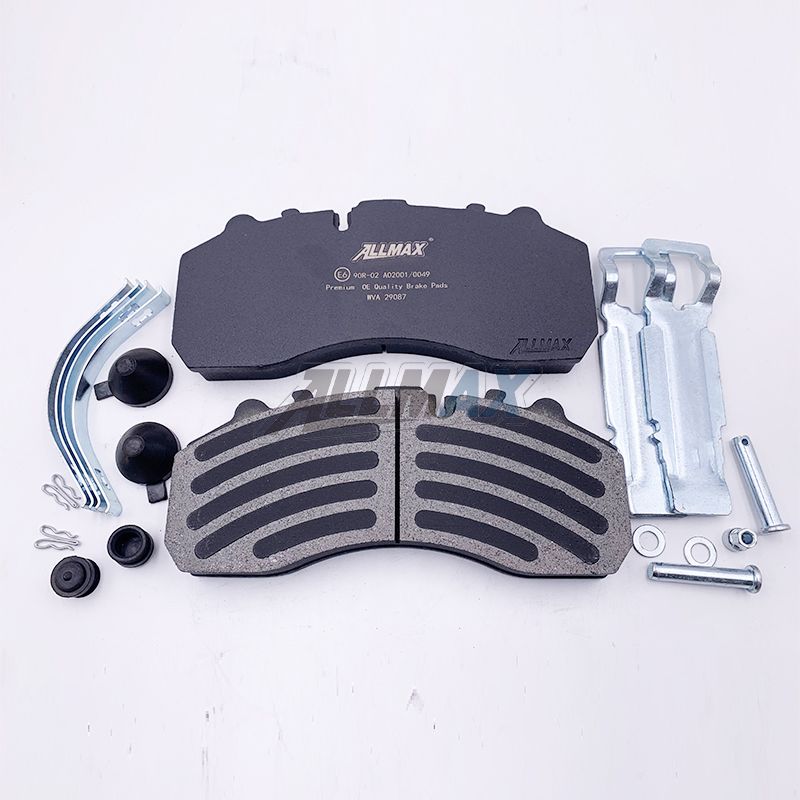
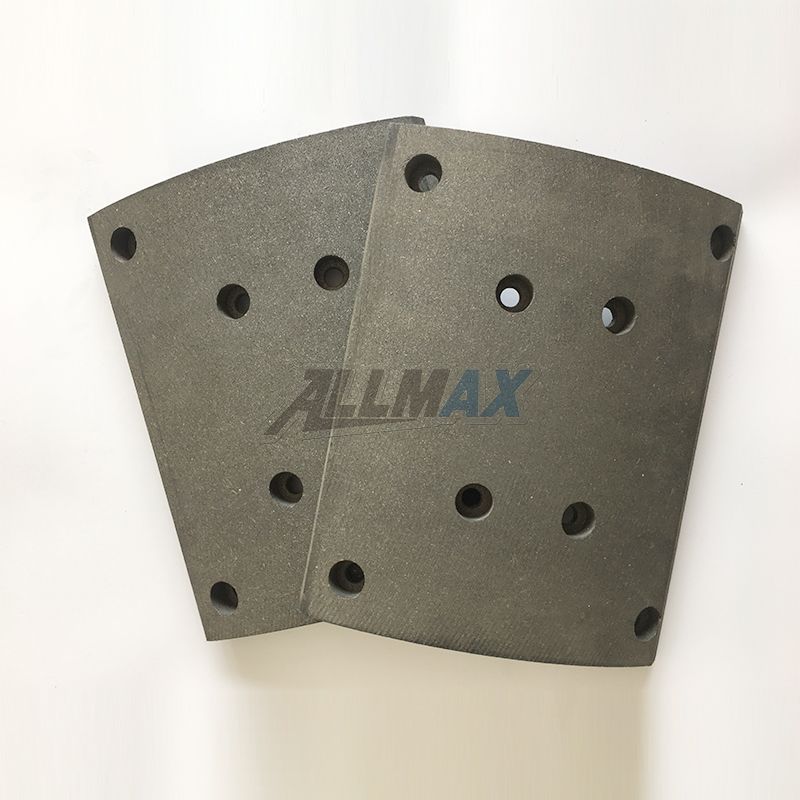

Comments
All Comments (0)